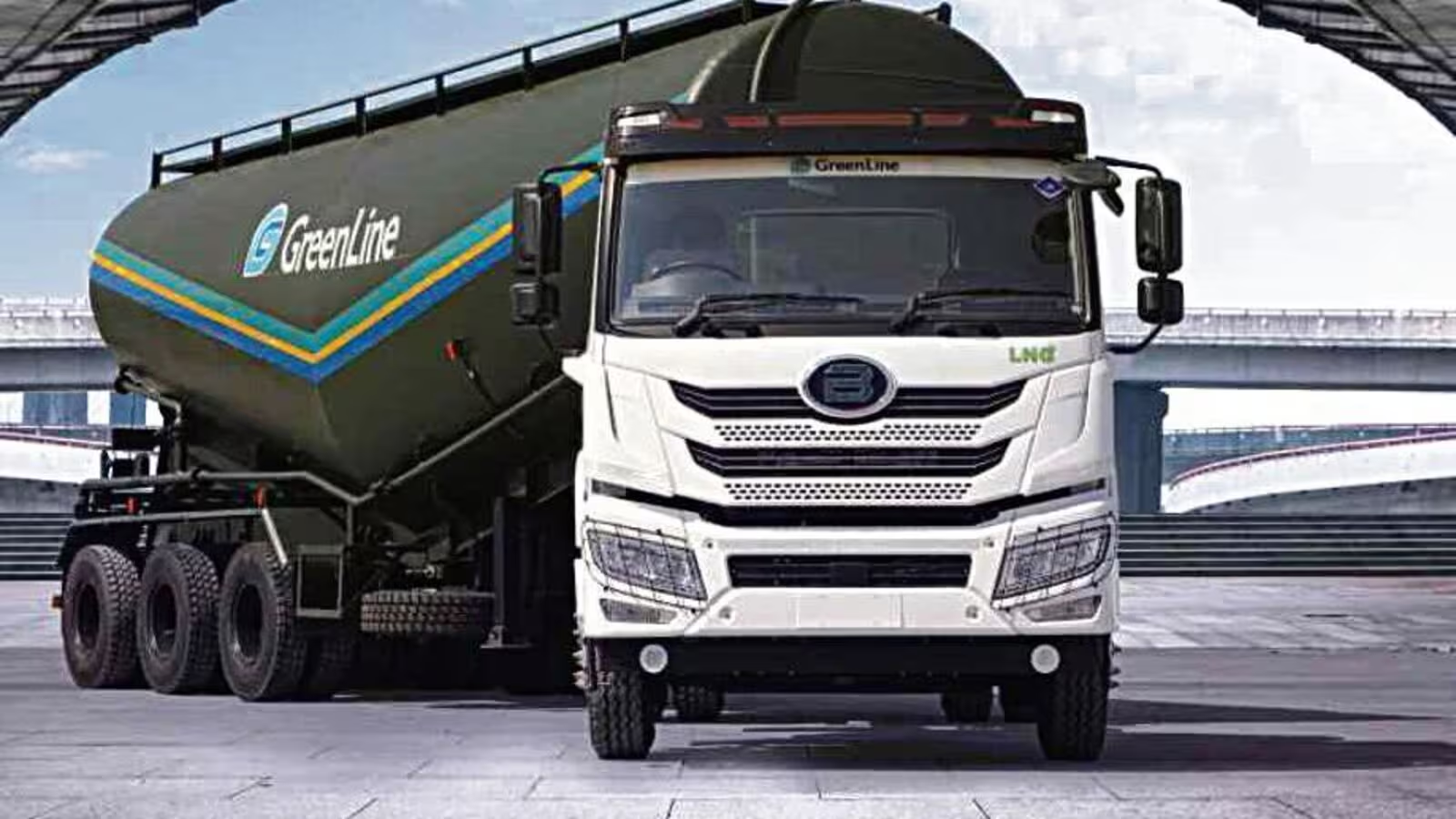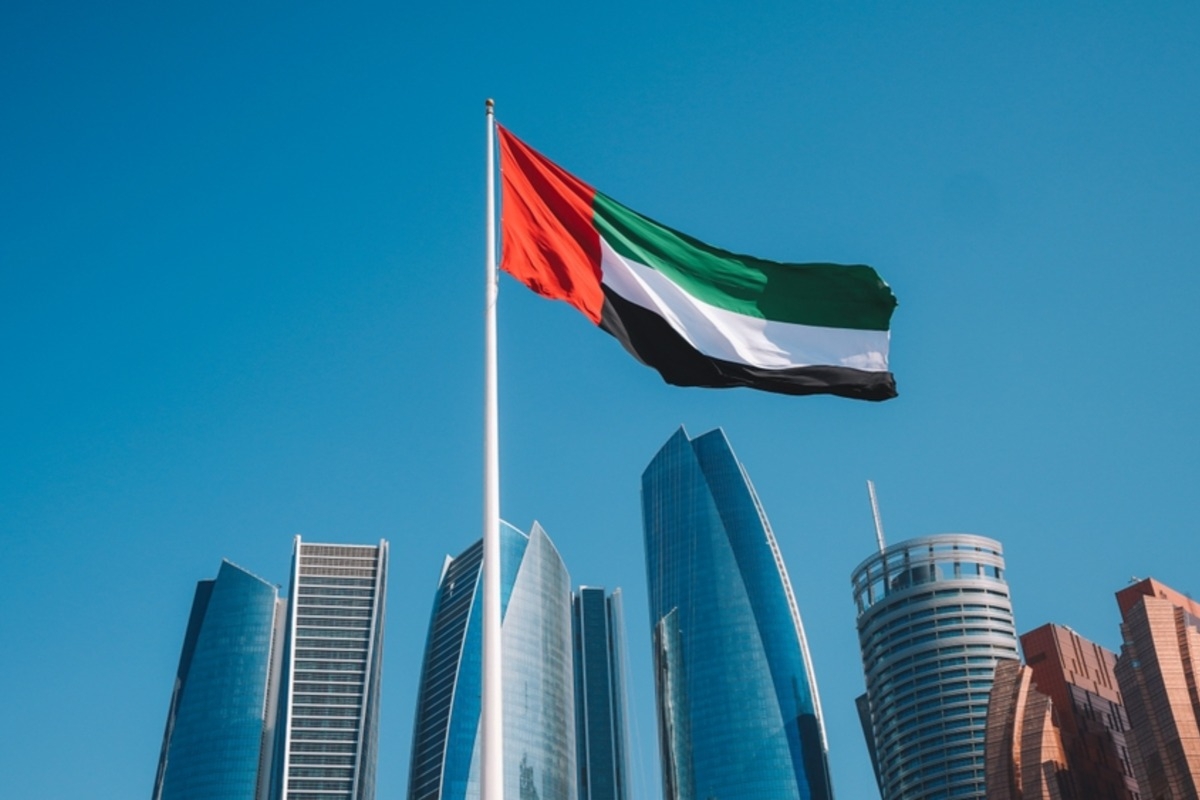GreenLine Mobility Solutions, backed by the Essar Group, is launching a $1 billion green logistics push to dramatically scale its fleet of low-emission trucks and build national infrastructure to support the transition. The Mumbai-based company, which currently operates 650 liquefied natural gas (LNG) trucks, plans to grow to 10,000 heavy-duty LNG and electric vehicles across India.
The investment includes $275 million in equity from promoters and investors, including Nikhil Kamath, co-founder of Zerodha, who contributed $20 million. The funding will also support the creation of 100 LNG refueling stations, EV charging points, and battery-swapping hubs—laying the groundwork for a clean freight network nationwide.
“Green mobility isn’t just a trend—it’s inevitable,” said Kamath. “More companies need to take the leap. This shift is happening—with or without you.”
GreenLine’s expansion is aligned with India’s broader low-carbon ambitions and Prime Minister Narendra Modi’s e-mobility initiative. The company’s green fleet already serves major industries including FMCG, e-commerce, mining, cement, and energy, and has logged 38 million kilometers while avoiding over 10,000 tonnes of CO₂ emissions. The goal is to reduce emissions by 1 million tonnes annually with the scaled-up fleet.
A technical and equity partnership with Italian manufacturer Iveco, through an associate company, underpins the fleet upgrade and infrastructure deployment. The initiative mirrors developments in China, where LNG trucks now make up over 9% of the market, and aims to close the infrastructure gap that has slowed India’s green freight transition.
Importantly, GreenLine promises its clients diesel-equivalent costs for transport while delivering significant emissions reductions. The service also offers the potential for clients to earn carbon credits—blending cost-efficiency with climate responsibility.
“GreenLine is not just adding trucks,” said CEO Anand Mimani. “We are enabling a transformation in how India moves goods—cleaner, smarter, and without compromise.”



